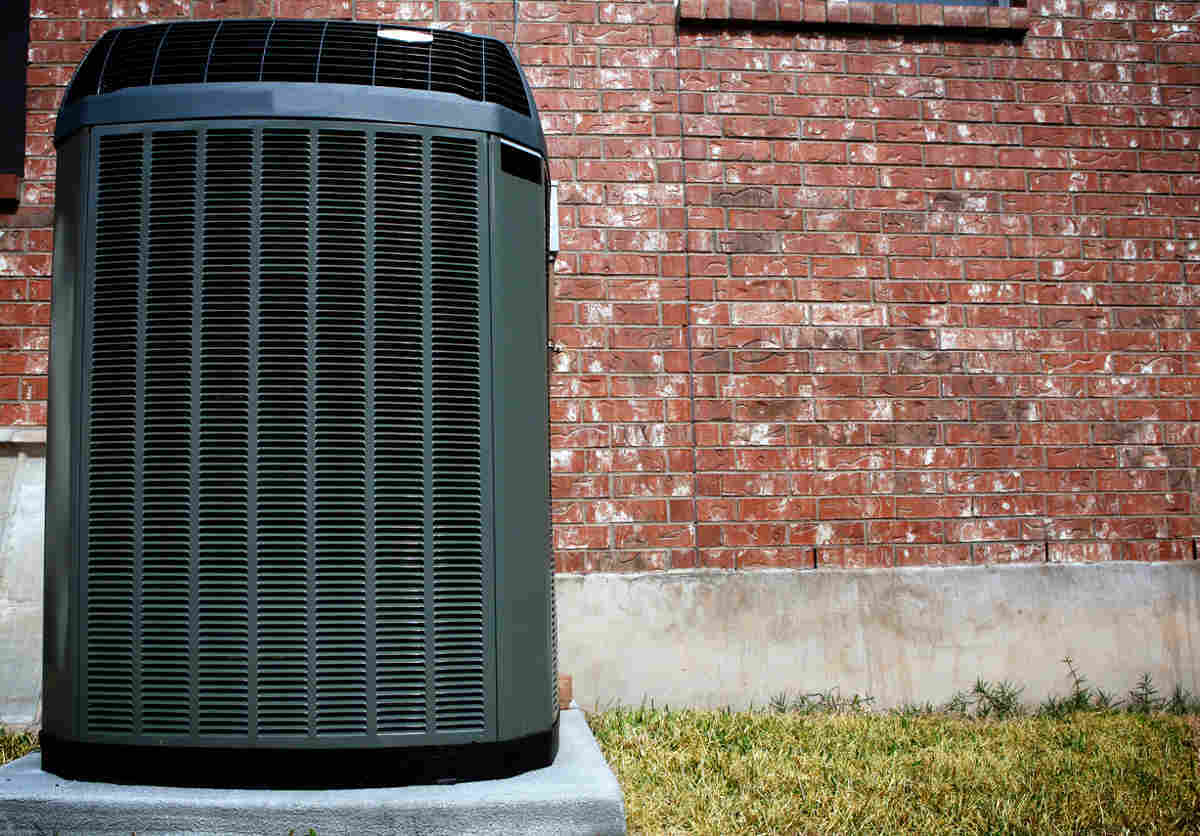March 31, 2017

The hot St. Louis summers put a lot of wear and tear on a home’s air conditioning unit.
During the summer months in St. Louis, the use of the air conditioner increases. Most AC owners start using their systems overtime, which results in more wear and tear of the AC. Without proper maintenance and regular checks, the air conditioner loses its efficiency and tends to develop more faults. It is important to always contact a trained and qualified St. Louis HVAC technician for maintenance, however, there are some important things that all AC owners must also be aware of.
A leaking AC is a frequent and common complaint that many homeowners have. However, not all AC leaks indicate a problem. It is therefore essential to understand how an air conditioner functions, what are the indicators of an AC problem, and what is considered normal and what is not.
Why is the AC Leaking?
It is important to understand that even when the system is working fine, you may see some water drainage from the tubes and pipes connected to the system. To understand how the AC may leak, you should understand the basic functioning of the AC.
Apart from cooling the air inside the house, dehumidification is also an important function that the AC performs. The AC dehumidifies the house as it cools the air, making the indoor conditions more comfortable. This allows you to set the temperature a bit higher and reduce your energy expenditure. Here is how the system works.
An HVAC system has a built-in evaporator coil for circulation of the cold air. Refrigeration gas circulates through the evaporator coil to remove heat from the air that passes over it. This makes the coil cold, and the moisture from the warmer indoor air condenses on the evaporator coil as it cools. This water collects in the condensate drain pan and is carried to a floor drain through a drain hose. However, this process can get disrupted due to various reasons, which can cause the AC to leak. Sometimes we identify a situation called the “stack effect” happening with residential homes or commercial buildings.
The following are some of the reasons your air conditioner may be leaking:
- Over time, the drain pan can get corroded and cracked with constant use and water contact. When the drain pan is damaged, it can leak the condensed water on the floor, or above the ceiling, depending on where the HVAC system is located.
- Another reason for water leakage is a clogged drain hose. St. Louis HVAC technicians explain that drain hoses can get clogged with debris, dirt, and mold or algae growth, stopping the water from flowing into the drain and out of the house. As a result, the drain pan can overrun with condensed water causing leaks.
- Dirty air filters can cause air blocks to prevent warm air from flowing over the evaporator coil, making it freeze. When the HVAC is switched off, the frozen coil defrosts causing extra water to condensate.
- A similar situation can be caused due to low refrigerant when low pressure in the AC system can freeze the coil.
Problems Caused by a Leaking AC
A leak in the AC can cause a host of problems. Collected water from the drain pan can damage walls, flooring and everything that it comes in contact with. Moreover, it can result in the growth of mold and algae that can cause a host of allergies, if it spreads through the duct system. This can not only reduce the quality of the air inside the home but also eventually, invite unpleasant musty odors.
AC leakages should be immediately checked and only a qualified and trained St. Louis HVAC technician should be hired to repair any AC problems.
Contact a Scott-Lee Comfort Specialist
We have been serving the greater St. Louis metropolitan area for more than 35 years! We are dedicated to providing you with the highest quality and most energy-efficient air conditioning systems available.
Call us today at (314) 200-0788 or fill out our online contact form. We offer Precision Maintenance Agreements for customers who want to keep their systems running at peak performance.
